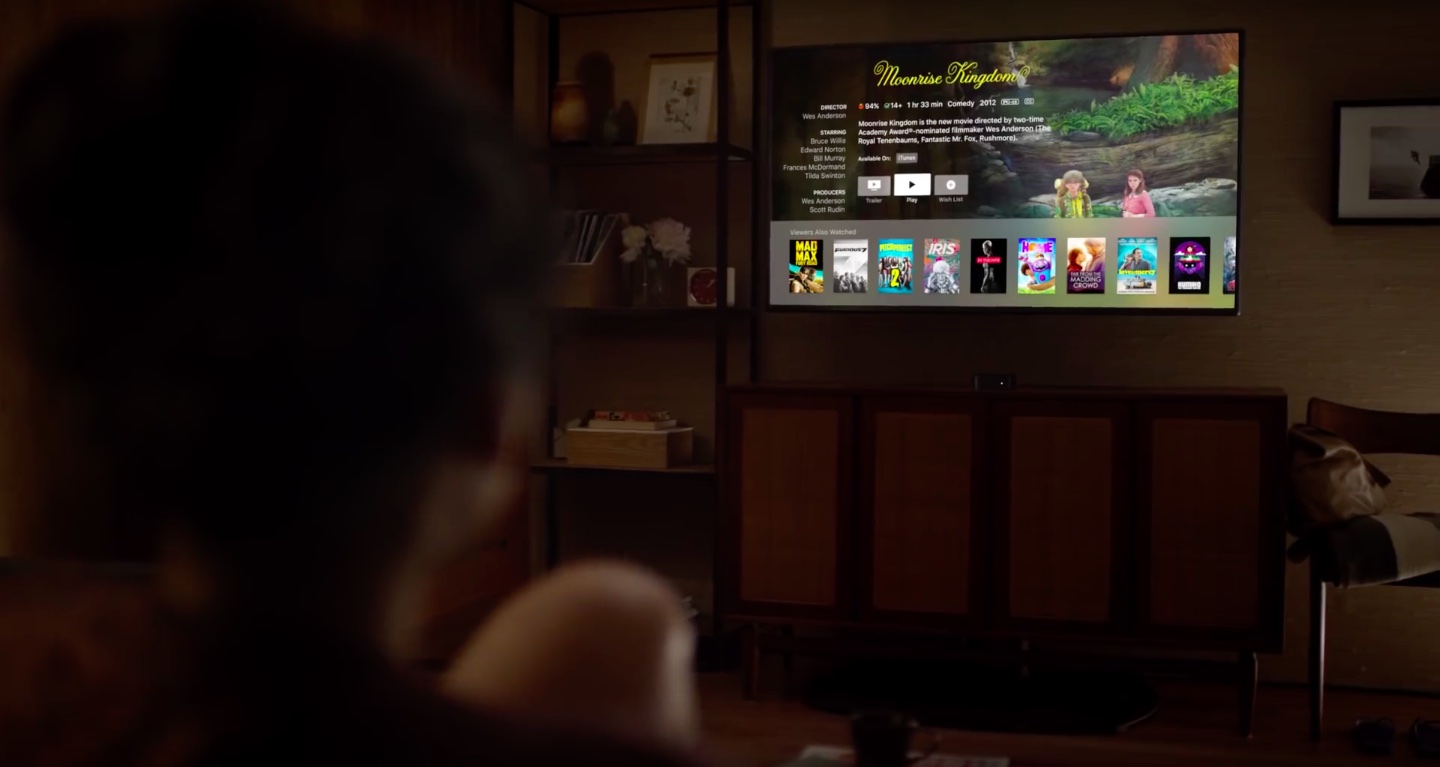Bloomberg is reporting that Apple is in discussions with Hollywood studios about eventually offering home rentals for new movies two weeks after they’ve hit the silver screen, but at a price.
New flicks are usually available for purchase on the iTunes Store 90 days after theatrical releases, followed by rentals two to four weeks later.
Movie studios are now said to be discussing rentals two weeks after they open in theaters though encryption is among the concerns in these talks, the article notes.
Sources say Apple is “pressing” studios for earlier access to movies, with 21st Century Fox, Warner Bros. and Universal Pictures all considering this option. “Some studio executives have been pushing to allow home rentals as early as two weeks after theatrical debuts and are considering a deal with iTunes as one option,” reads the report.
One of the possibilities put forth in these talks calls for setting the price of new movie rentals between $25 and $50 a pop. By comparison, the iTunes Store prices new movie downloads at $19.99 while rentals are significantly cheaper at $4.99 or $5.99.
The iTunes Store introduces movie rentals in January 2008.
Apple wants to get new movies sooner as a way of growing its Services revenue while content owners need new revenue streams amid stagnant cinema attendance. Still, nothing is set in stone as the studios could ultimately partner with one of Apple’s rivals.
And this on encryption technology requirements:
One of the concerns about iTunes is whether it will be a secure platform for delivering movies that are still in theaters, the people said. While Apple encrypts iTunes video files so they can’t easily be duplicated, it’s possible to use a camera to record a movie playing on a TV screen. A leak of picture that’s still in theaters would jeopardize returns for the studios and cinema owners.
Apple, of course, uses its proprietary FairPlay digital-rights management system to limit playback to the same Apple ID used to buy the movies. Additionally, Apple devices enforce digital content protection (DCP) over HDMI and other digital video standards.
If those technologies don’t placate the studios, I don’t know what will because the combination of encryption, DCP and FairPlay has for the most part discouraged the majority of users from finding workarounds.
If what the studios are saying has merit, then why aren’t they mentioning those who’d capture Netflix movies playing on their TV and share them online?
Source: Bloomberg
